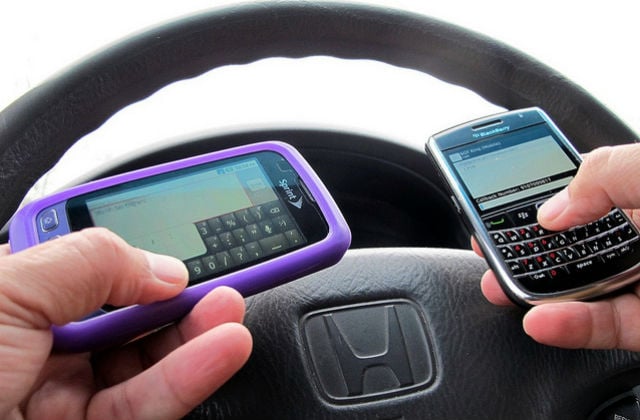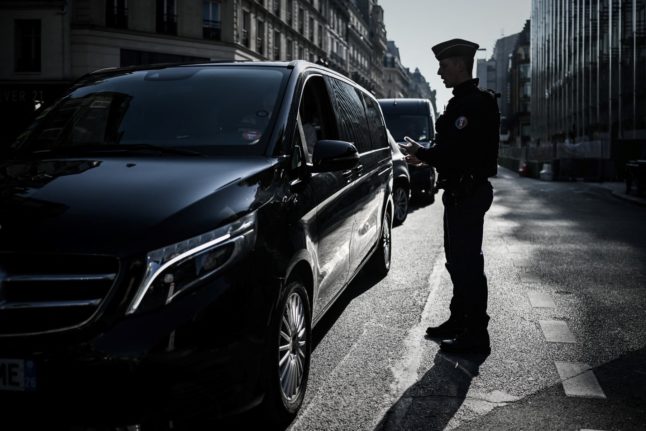The French government has vowed to tackle the rising number of deaths on the country's roads and has set its sights on speeding drives and motorists who use their phones at the wheel.
On Tuesday it is set to announce a raft of measures aimed at boosting safety on roads including a controversial plan to cut the speed limit on country roads (departmental roads) from 90km/h to 80km/h.
But the government also wants to target the dangerous habit of drivers using their mobile phones to talk, or even send messages, when driving.
According to French media site RTL the government wants to impose a three month suspension of a driver's permit if they are caught using their mobile phone whilst driving.
This punishment would only be imposed on those drivers who were considered to have caused danger to others, for example if a motorist is on the phone whilst approaching a pedestrian crossing or a school.
Telephones play a part in ten percent of road accidents in France, according to figures published in October last year by France's road safety organisation Sécurité Routière.
Using a mobile phone at the wheel is currently banned in France and those caught are subject to fines of €135 and three penalty points.
In 2015 some 300,000 drivers in France were fined after being caught using their phone.
A recent survey revealed that nine out of 10 drivers in France admitted using their smartphone to make calls whilst driving or even to keep an eye on messages they had received.
French governments have regularly introduced new measures over the years in a bid to tackle the number of road deaths.
In 2015 they banned the use of hands-free kits for mobile phones.



 Please whitelist us to continue reading.
Please whitelist us to continue reading.